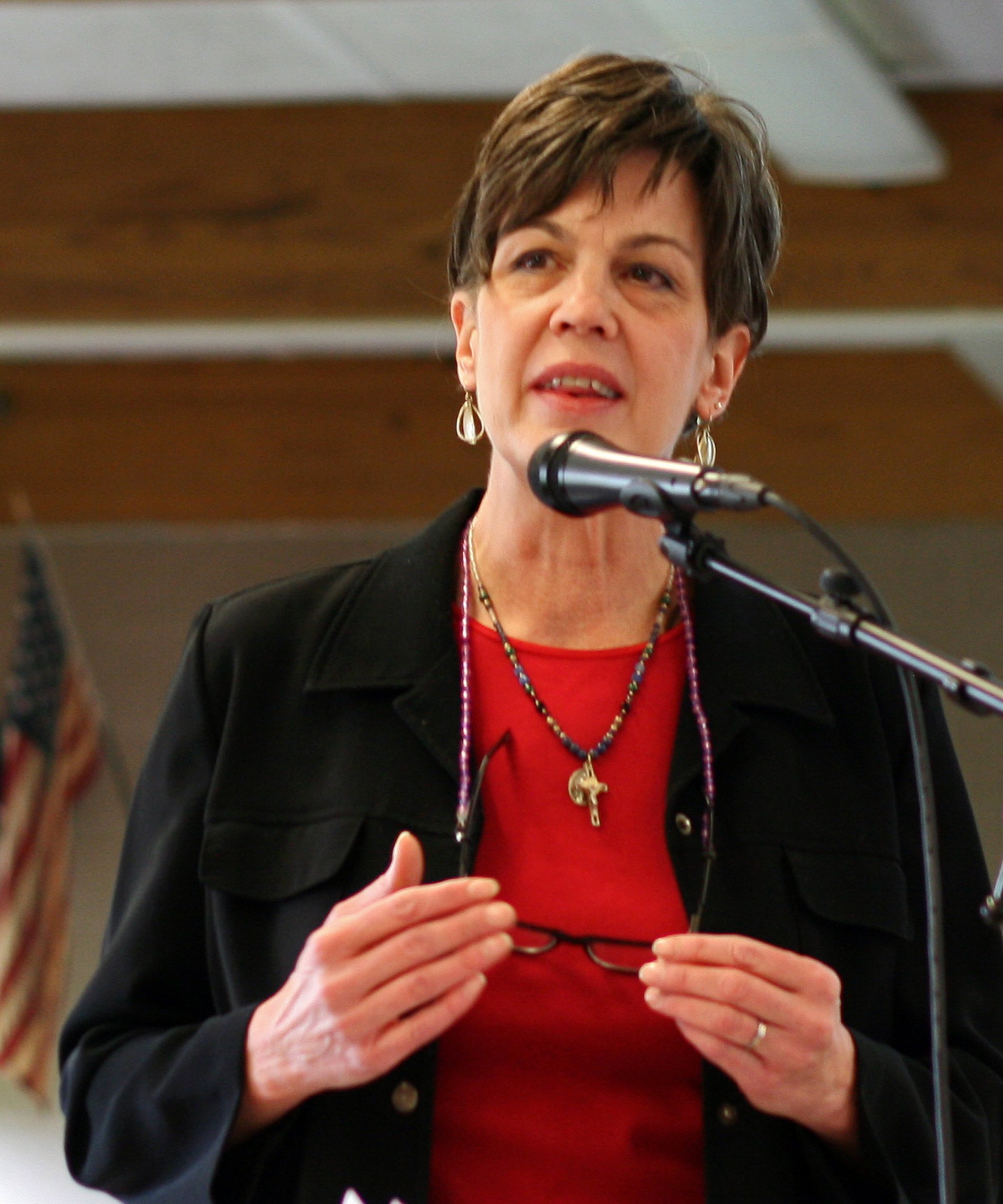Peace and Unity Need Trust
/This newsletter was adapted from a devotional exercise written for The MST Project’s Real Men Pursuing Purity Event 47 in November 2025. It was part of a devotional booklet, “Relational Relationships: Peace and Unity”. The MST Project is a Christian ministry committed to helping every man realize his full potential. MST stands for "Mentoring Men, Strengthening Marriages, Teaching Truth." The MST Project was founded by Christian Lenty and is an international ministry headquartered in Bangkok, Thailand. You can learn more about the MST Project at https://themstproject.com.
Don’t just pretend to love others. Really love them. Hate what is wrong. Hold tightly to what is good. Love each other with genuine affection, and take delight in honoring each other.
Romans 12:9-10 NLT
“Trust is the fruit of a relationship in which you know you are loved.”
William P. Young
Peace and unity need trust. Healthy trust must be earned. It comes from relating to someone over time and seeing that they are consistently honest, faithful, and reliable. There are also different levels of trust. I have friends that I trust to hold my deepest secrets. They walk with me to Jesus and help me share the most shameful parts of my heart with Him. They also share in my greatest joys. I have other friends that I like, but I wouldn’t share even the most basic information that I wanted to keep secret. I still trust them on some level. I know they aren’t going to try to get me to engage in sinful or harmful activities, but I don’t trust them with deep personal information. I have many other friends in between these two levels of trust. There are many different levels of friendship and many different levels of trust. And that’s okay.
So how do we build trust, and how do we know what level of trust we can have with someone? This is something that many of us overcoming sexual sin struggle with. We simultaneously crave deep intimate relationships and fear them. We either close off completely in an effort of self-protection, or jump right into relationships full speed ahead and become entangled in yet another a codependent relationship.
There are many stages of building healthy relationships that have peace, unity, and trust. First, we start with the people that we interact with on a very basic level and practice kindness and compassion. Some of those people may be a part of our local church or recovery group. They may also be people at our workplace that we share projects or mutual interests with. We can begin to identify people in those groups that we feel comfortable with, and begin to share some very general personal information… basic information about our lives, our careers, our general spiritual vision. If they show a mutual interest and handle our information well, we can consider building a closer relationship. We can invite them to fellowship in a group setting, or invite them to informally share coffee or dinner together. In these settings, we can share a little bit more of our personal information and watch to see how they handle that information. Do they treat it respectfully? Do they maintain confidentiality or do they tell others what we shared? We can also determine if we like having them as a member of our smaller group of friends. Sometimes we’ll simply enjoy having people as a member of our larger group of friends, but don’t necessarily feel comfortable bringing them into a deeper part of our heart. In other words, we may enjoy having some people as casual friends, but we don’t feel comfortable sharing more personal information with them.
Out of our smaller group of friends, we may find two or three people that we feel very comfortable with and consider inviting them into our group of close friends. We can begin to share more specific information about our families… a deeper level of our spiritual vision… challenges … and other information that we wouldn’t usually share in a larger group. As our level or disclosure continues to deepen, we continue to observe how they handle our information. Do they try to understand our perspective, even if they disagree? Do they share an equal level of their own personal information? Again, you’ll find that you’ll feel very comfortable bringing some people into this deeper level of relationship, while others might not be a good fit. That is normal and healthy. Everyone is different and the closer you grow in relationship, the more you’ll see differences and similarities in the deeper areas of your heart that really matter. Most people will remain larger group friends, while only a few will become friends at a deep, personal level. As you continue to build these relationships, you may find yourself relating more with one or two of the members of your smaller group than the others. This person (or people) may become our closest confidant(s), the ones who know everything about us. Of course, this is the goal for our spouse, but we can also develop healthy relationships with other members of our closer groups of friends with whom we bond deeply. Healthy friendships with other members of the same gender are important in our lives. I’ll add that as men, our relationships with other women need to be carefully guarded with healthy boundaries and are usually limited to our larger friend groups. The same principle holds true for women in their relationships with men. This protects the sanctity and exclusivity of our marital or dating relationships.
Having close friends with whom you share peace and unity doesn’t mean that you will always agree on everything, or that there won’t be misunderstandings or wounds. There will be disagreements and offenses even in the healthiest relationships. If we handle those situations properly, they can be an opportunity to develop a deeper trust. Remember, developing trust is a process that takes a lot of time. Offenses and misunderstandings can increase that time, but if we handle offenses properly, they can deepen the trust as the relationship continues. In Matthew 18:15 NLT, Jesus tells us, “If another believer sins against you, go privately and point out the offense. If the other person listens and confesses it, you have won that person back.” Developing trust means that we can respectfully talk about the offenses the other person may have caused, and hear the other person’s heart. Both people need to be willing to develop a curiosity about the other’s feelings and apologize when they have caused an offense. Both need to be willing to respectfully approach the other when they have been wounded with honesty and grace. Honesty with a heart to hear and understand the other person builds trust. Admitting when we are wrong and making amends helps heal the wounds we’ve inflicted on the other person. It shows him or her that he or she can be honest with us and we will respect him or her enough to accept responsibility for what we’ve done wrong.
As I look at the deep level of trust in my relationship with my wife, I remember the times when one of us has gone to the other and respectfully shared what the other did that wounded us. We’ve resisted the urge to become defensive, and took the time to hear the other’s heart and ask clarifying questions. We’ve kept the discussion focused on the issue and took special care not to attack the character of the other. One of the most profound comments my wife has ever said came during a time of vulnerable discussion. My wife said that even if we continue to disagree, if she knew that I made the effort to hear and understand her heart, that she would have a sense of peace. That set me free from the pressure to come to a false agreement, and from being afraid of what would happen if we continued to disagree. I knew that if we both treated each other respectfully in times of disagreements, that our challenges would eventually work themselves out. Those times have deepened our trust in each other and brought more peace and unity in our relationship.
Discussion questions:
What helps you build trust in your close relationships?
Do you tend to be defensive if a friend comes to you and respectfully tells you that you offended him or her? If so, why do you think you become defensive?
Have you ever had a disagreement with a friend that actually deepened your level of trust and unity after it was resolved?
Dan Hitz is the Executive Director of Reconciliation Ministries of Michigan. He is an ordained minister and licensed professional counselor specializing in helping people overcome sexual brokenness, sexual abuse, and trauma. Dan has been in the ministry for over thirty years and lives with his wife, Marianne, in Metro Detroit, Michigan, USA.
Photo used courtesy of Unsplash.com. © 2025 Reconciliation Ministries of Michigan, Inc. This article may be reproduced and distributed as long as no fee is charged and credit is given.


















































